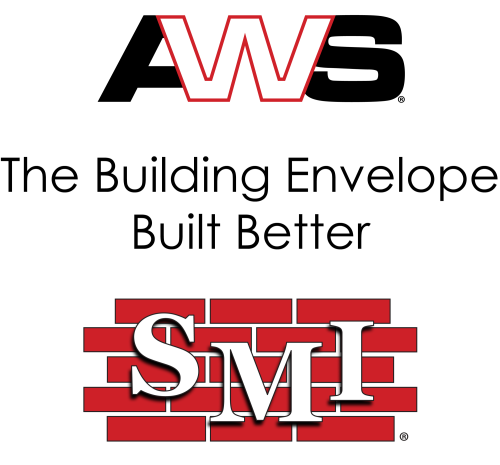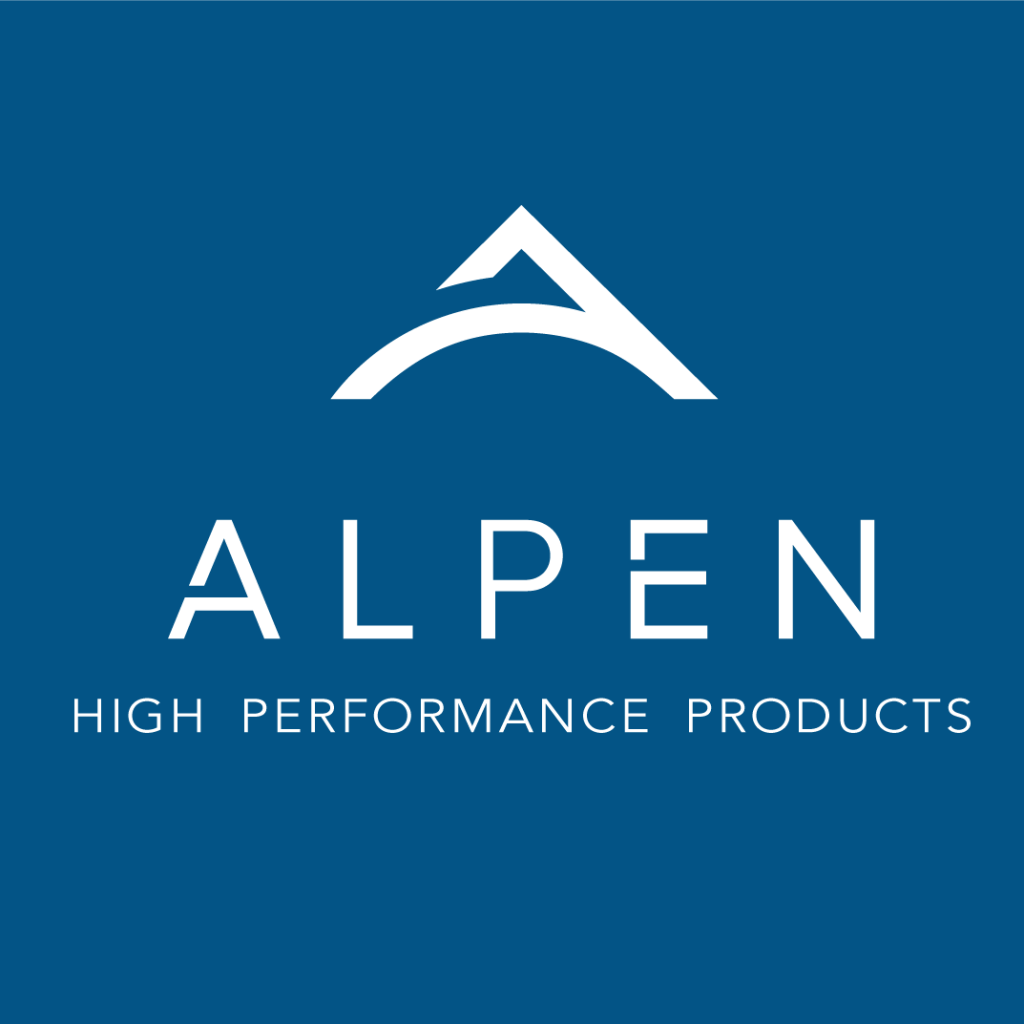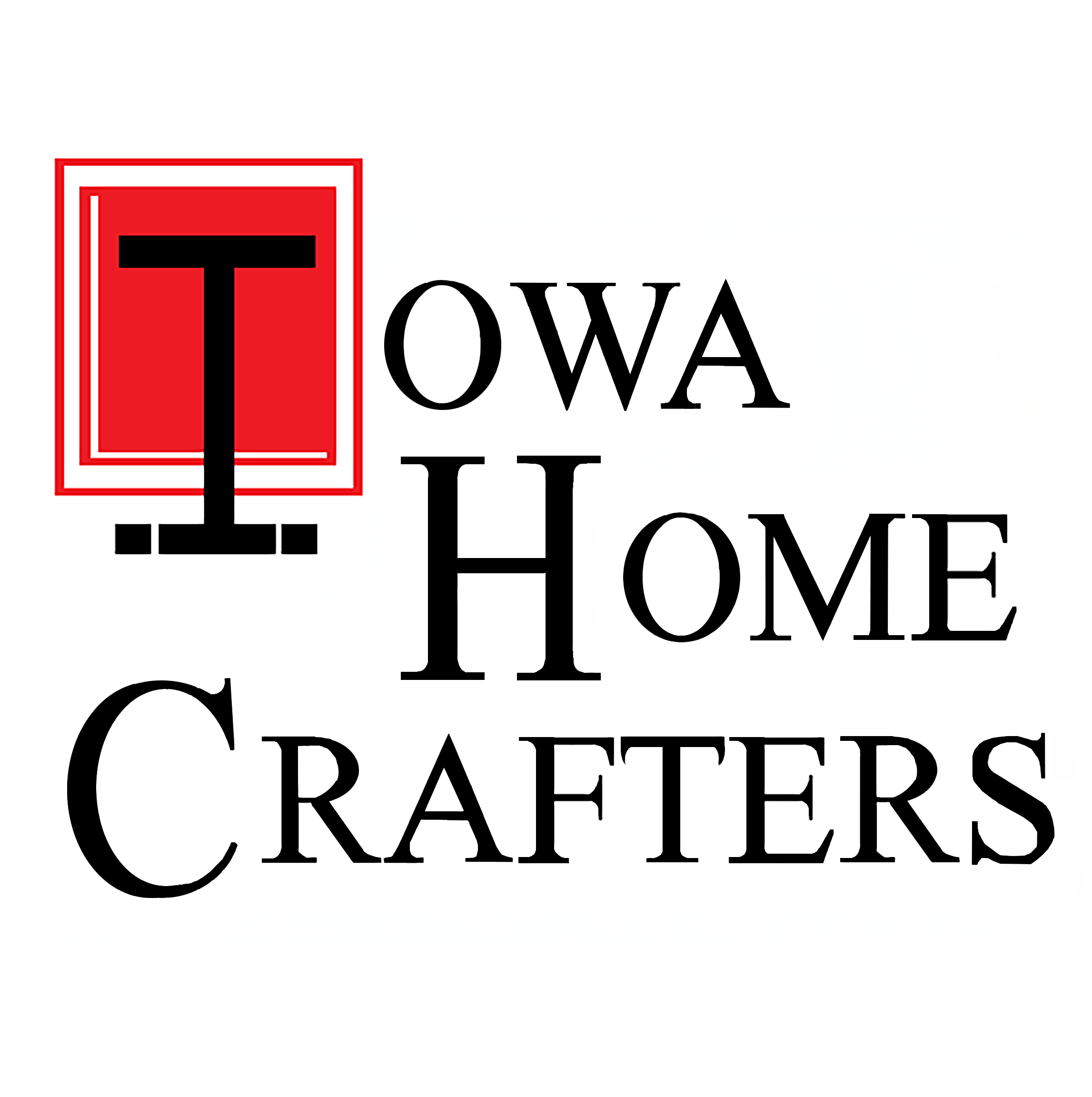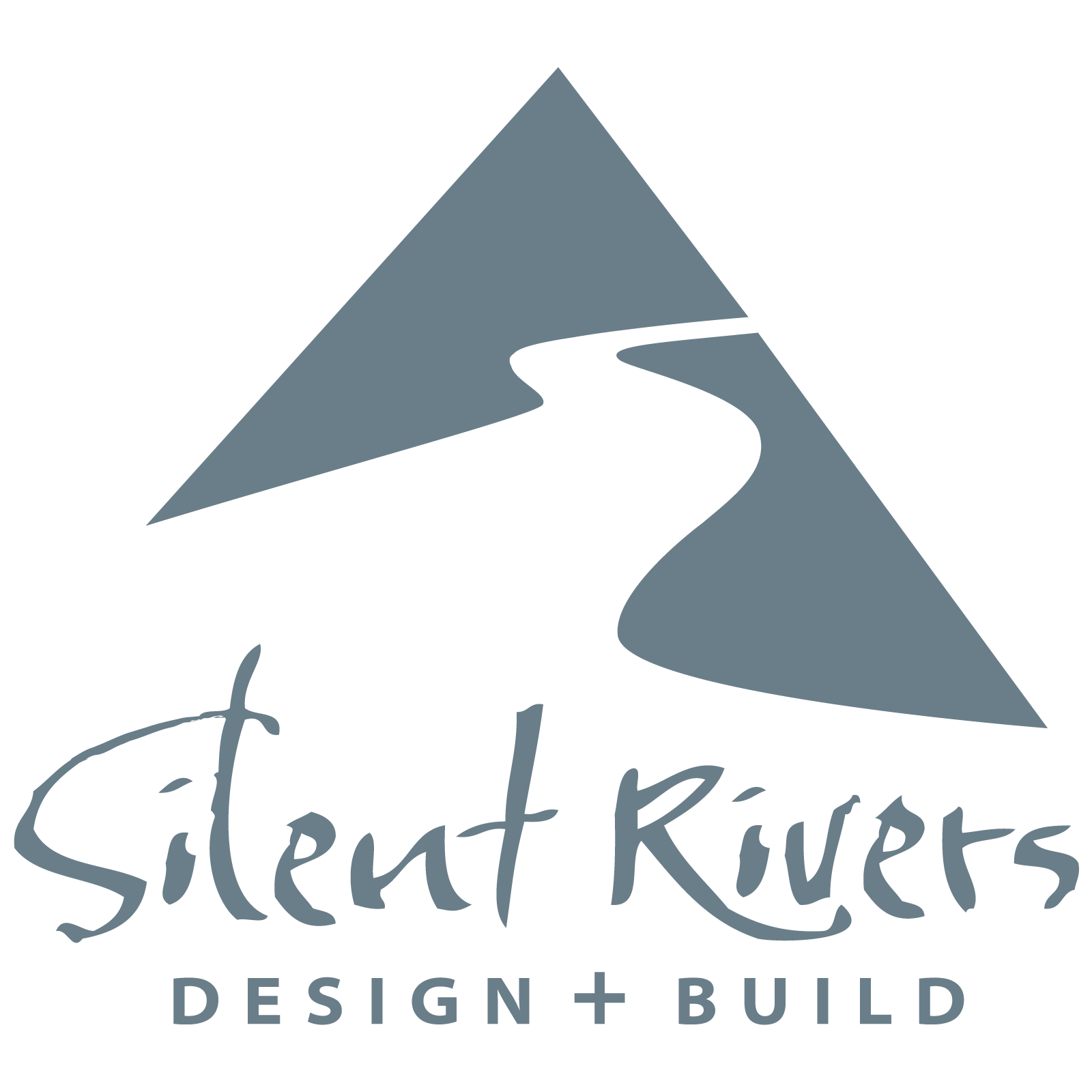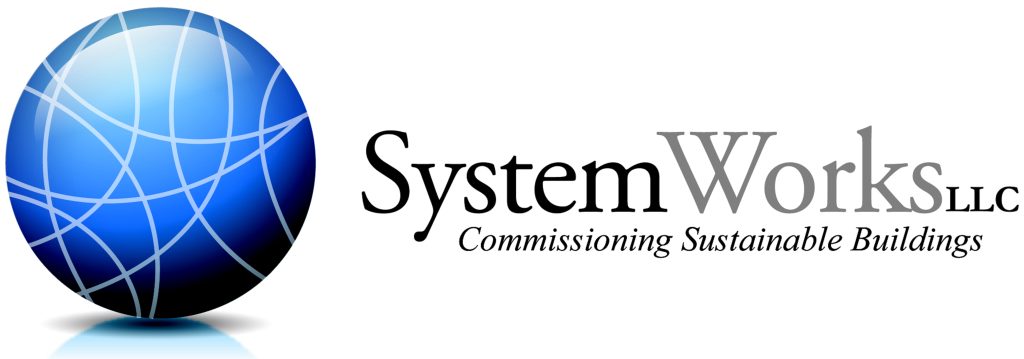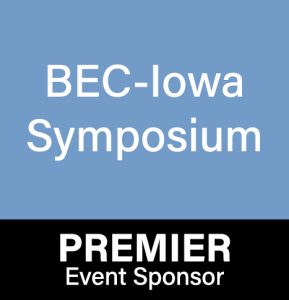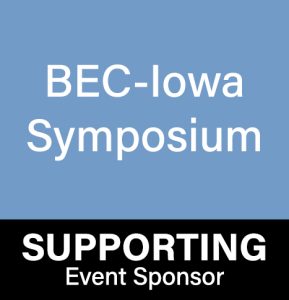BEC-Iowa Symposium 2025
- Published in News, Past Events
- Permalink
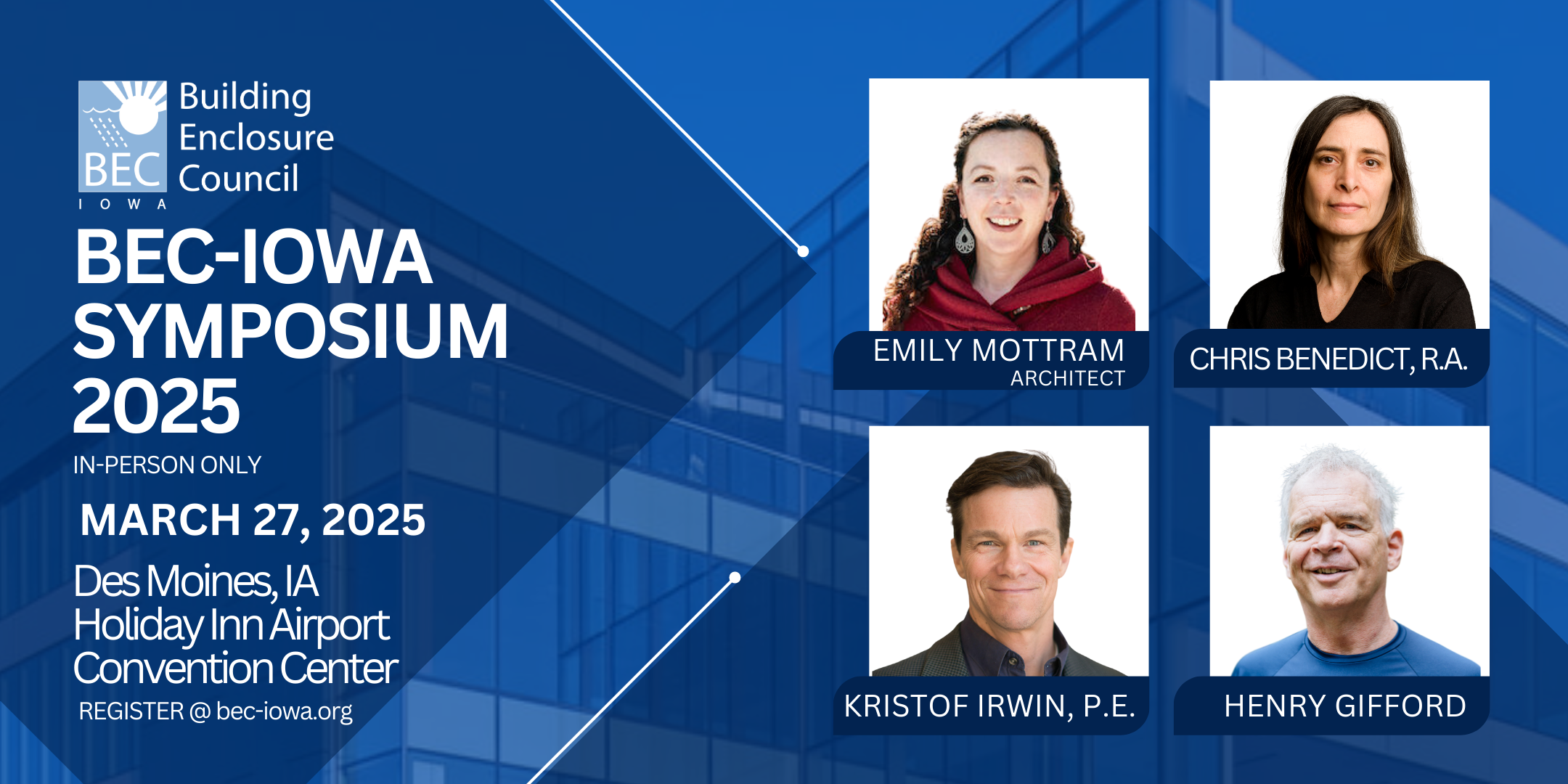
The Building Enclosure Council of Iowa is proud to present the 2025 BEC-Iowa Symposium. The Symposium includes a distinguished group of speakers to discuss building science and enclosures. This will be an in-person event only, and attendees can enter a raffle to win prizes (winners will be announced at the end of the symposium). The event includes a continental breakfast, snacks, and lunch.
Date:
Thursday, March 27, 2025
8:30am – 4:00pm
Location:
Holiday Inn Des Moines – Airport Conference Center
6111 Fleur Drive, Des Moines, IA 50321
Limited Registration
$80 BEC-Iowa Members
$100 General
$25 Students
Registration is required prior to the event. Ticket sales close March 19, 2025, at 11:59pm.
AGENDA
8:30am: Check-in, Sponsor Displays
9:20am: Opening Comments
9:30am: Presentation 1 – Emily Mottram
10:30am: Morning Break, Sponsor Displays & Announcements
10:45am: Presentation 2 – Henry Gifford
11:45pm: Lunch Break, Sponsor Displays & Announcements
12:45pm: Quiz Session with Prizes – Henry Gifford
1:15pm: Break
1:30pm: Presentation 3 – Chris Benedict
2:30pm: Afternoon Break, Sponsor Displays & Announcements
2:45pm: Presentation 4 – Kristof Irwin
3:45pm: Closing Remarks
SPEAKER INFORMATION
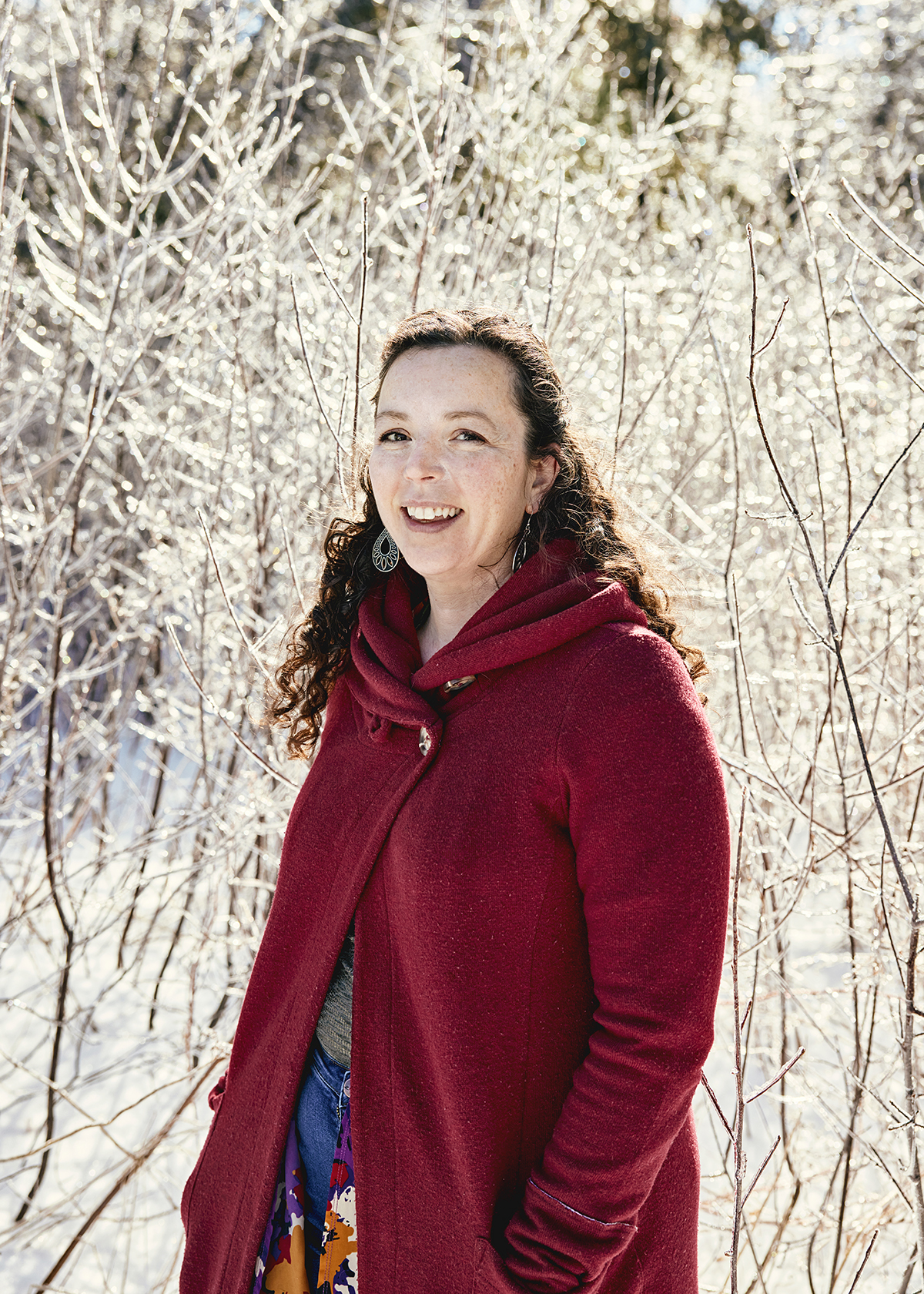
Emily Mottram is the founder and principal of Mottram Architecture, a boutique practice specializing in new homes and renovations that are beautiful, functional, comfortable, healthy, and durable.
Emily received her Bachelor of Architecture degree from Penn State University and is a Registered Architect in Maine, New Hampshire, Pennsylvania, Massachusetts and Utah. Emily is a member of the National Council of Architectural Registration Boards (NCARB), the National Association of Women In Construction (NAWIC), and the Natural Resources Council of Maine (NRCM), the state’s leading organization working to protect and preserve the environment.
An educator at heart, Emily also teaches building science and sustainable design at a local community college and has served as a consultant for projects in a secondary school trade program. She hosts the monthly podcast E3: Energy and Efficiency with Emily and co-hosts the live-streamed BS* + Beer Show, a monthly building science show for professionals and “civilians” alike.
Presentation: How Control Layers Enhance Health and Safety for Clients with Chemical Sensitivity
This course is designed to help architects and building professionals understand how thoughtful design and material selection can reduce health risks for clients with chemical sensitivities. By integrating the concept of control layers—such as air control, water control, vapor control, insulation, and finishes—this session will show how effective building systems can create healthier indoor environments.
Through the lens of Pretty Good House (PGH) principles, which focus on sustainable, energy-efficient, and non-toxic building practices, the course will demonstrate how these principles contribute to occupant health and safety. We will explore how control layers work together to protect against pollutants, moisture, and temperature extremes, and how using low-VOC, non-toxic materials in these layers can significantly improve indoor air quality and overall building comfort.
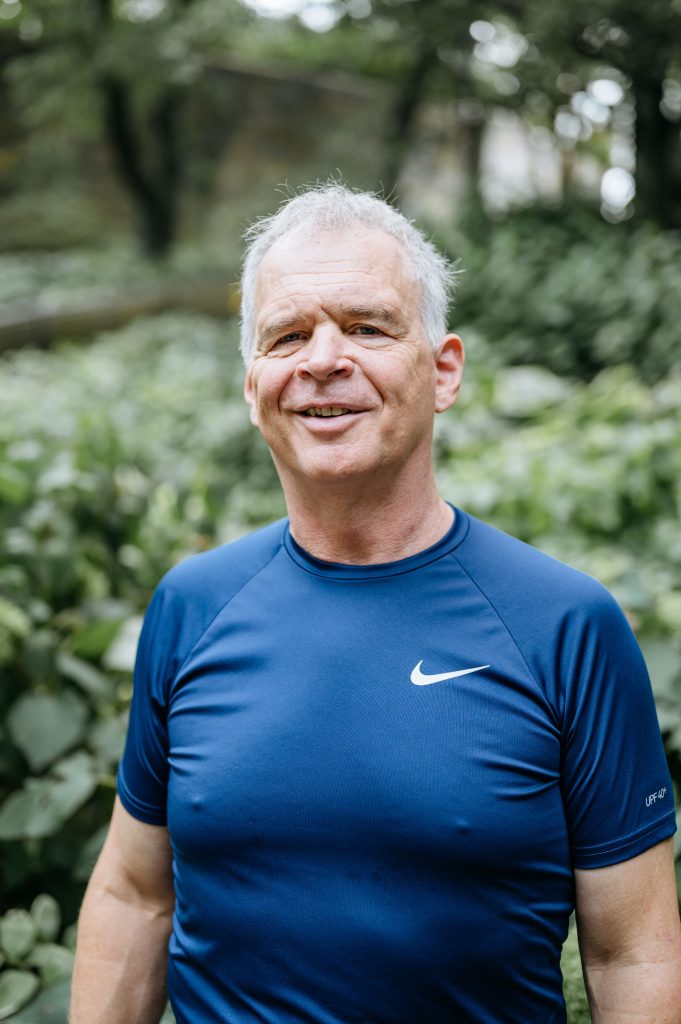
Henry Gifford has worked with Chris Benedict for 28 years designing mechanical systems for 100+ energy efficient buildings, including the first energy efficient apartments buildings in New York City (the first anyone even said were energy efficient). His work cuts through technical myths and complexity to design economical building systems that use less energy.
Henry credits much of what he knows about energy to his experience racing, repairing and designing bicycles and building his own bicycle frames. The “ten-person bicycle” that he built can be seen occasionally around New York City and in advertisements. Henry’s plain-spoken talk, humor, knowledge and penetrating analysis of subjects has established him as an extraordinary public speaker.
Henry is the author of Buildings Don’t’ Lie. Better Buildings by Understanding Basic Building Science, a book that captures his wide-ranging experience as a person who travels between white and blue collar to explain how buildings work (or don’t). He worked for many years as a highly sought after boiler mechanic, and while doing so invented the Gifford Loop, an improved method of piping a steam boiler, the use of radiator inlet orifices to avoid the need to install or maintain steam traps on two-pipe steam systems, and an improved method of calculating friction, flow and pump size in piping networks. Henry is the first and apparently only person to measure how much energy it takes to go for a ride on an elevator, and got an article about it published. He is the Owner and frequent user of over fifty measuring instruments.
Henry’s knowledge and integrity have made him the recipient of speaking bans from two government agencies: NYSERDA and The New Jersey Board of Public Utilities. Henry also discovered and publicized the data that showed how much extra energy LEED buildings use compared to normal buildings (on average), and got an article about it, including a proposal for a more honest system, published in NESEA’s magazine “Northeast Sun”.
Presentation: Building Science Basics
The course will give participants an introduction to building science, especially as related to designing enclosures to reduce air leakage through buildings and to reduce mold from wetting. Newer materials are significantly more sensitive to water damage, and the added thermal resistance has reduced drying potentials. Materials that get wet stay wet longer. Buildings are now mechanically ventilated. All of this has resulted in health and safety issues and durability issues. In order to fix this and still be energy efficient and use the newer materials, we must manage heat, air and moisture differently.
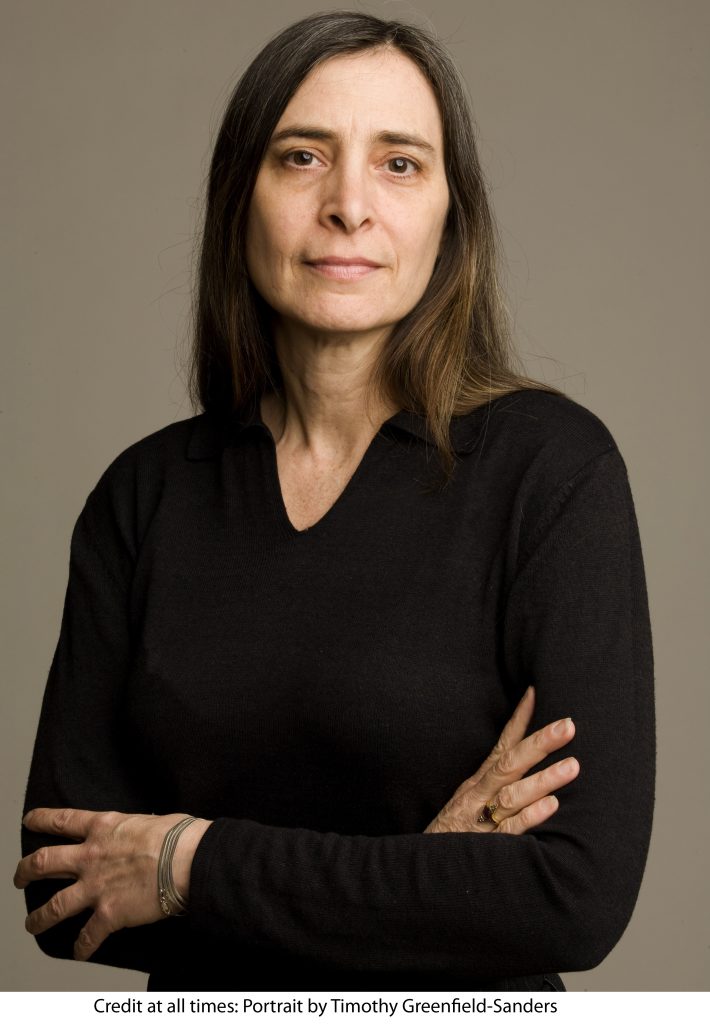
Chris Benedict is a registered architect with over 30 years of professional experience. Her office, Chris Benedict, R.A., was founded in 1995 and specializes in the design of exceptionally energy efficient buildings. A leader of the Passive House movement in the United States, Chris has designed over 100 apartment buildings in New York City, including a new thirteen story modular Passive House and nine existing buildings that use her ground breaking strategy for meeting Passive House with tenants in place. Chris is a graduate of the Cooper Union where she was inducted into the Cooper Union Hall of Fame. Chris teaches internationally about her groundbreaking work and is a thought leader in the building industry.
Photo credit: Timothy Greenfield-Sanders
Presentation: Adventures in Passive House
Chris Benedict will present aspects of her long-term involvement with the Passive House movement in the US with the presentation geared toward the problem solving needed to implement successful outcomes.
This presentation will focus on Passive House design, which inherently addresses health, safety, and welfare in its strategies. Passive building is a set of design principles for attaining a rigorous level of energy efficiency while also creating comfortable indoor living spaces. By using thermal control, air control, radiation control, and moisture control, it’s a holistic approach that takes every last factor into account, down to heat emissions from appliances and occupants. Passive building principles offer a quick path to net zero and net positive buildings.
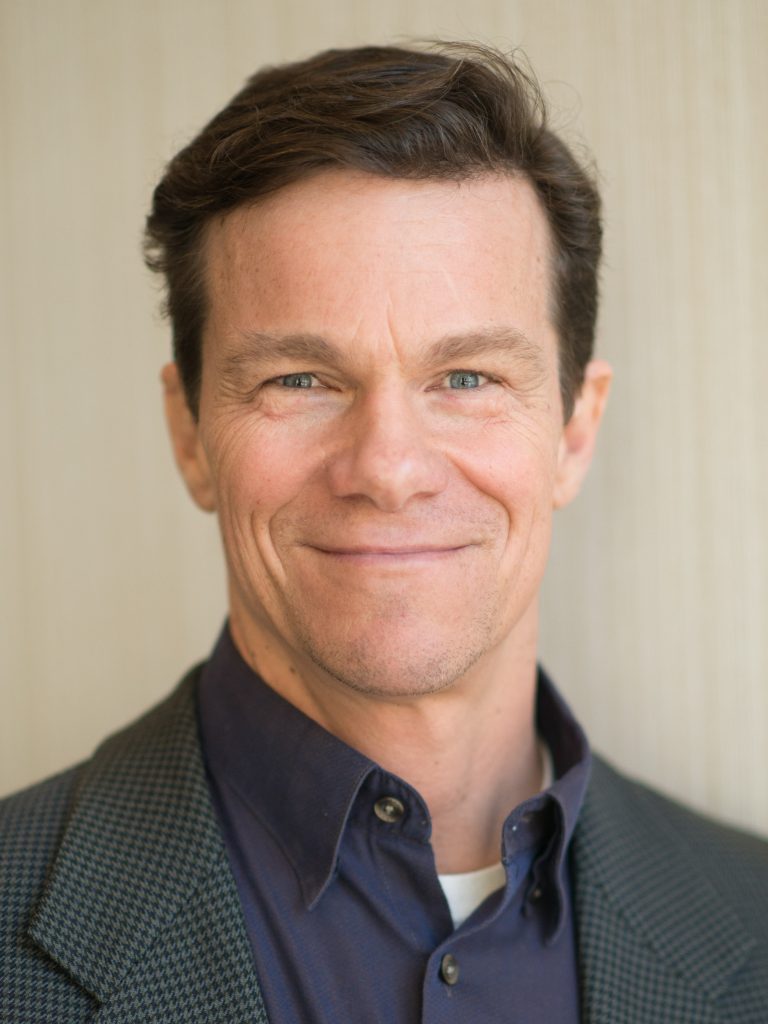
Kristof Irwin, P.E. is Principal and Founder of Positive Energy. Based in Austin Texas, Positive Energy provides building science consulting and high performance MEP Engineering to project teams across the country. Positive Energy’s vision is that buildings can be healthy, comfortable, durable, efficient, resilient, sustainable and regenerative – while also being outstanding architecturally. Their integrated approach to building enclosure and MEP systems design recognizes that society is due for an upgrade in the way it currently thinks about and delivers indoor space to itself. We can and should expect more from our homes.
Kristof’s background includes 12 years of experience as a custom builder (including deep energy retrofit and zero-net energy projects) and 19 years as a building science consultant and MEP engineer. Prior to his career in the AEC, Kristof worked for 14 years as an engineer, research scientist, and high-energy physicist for government and university research labs.
Kristof is active in the local and national high-performance building community including his roles with the Austin Passive House Alliance and the AIA Austin BEC and COTE committees. Kristof is also the host of the popular Building Science Podcast, which started in 2015, and is dedicated to moving the AEC forward through an understanding of building science and human factors in architecture, engineering and construction.
Presentation: Building Science 2.0 – Next Level Systems Thinking
Building science is the application of science and systems thinking to the design and construction of buildings. Building science creates better buildings that benefit occupants by supporting healthy indoor environments, providing durable and safe structures, and reducing energy use. Better buildings are also a source of resilience for society, providing shelter that defray negative impacts of realities such as extreme weather, wildfire smoke, and grid instability.
The effectiveness of building science is undeniable. We now know how to build appropriately. We have the understanding, materials, systems and technologies we need. As an industry, we have arrived at a point where the constraint to delivering healthy, durable, sustainable, and resilient homes and buildings is not a lack of understanding.
This seminar expands the building science systems-of-systems view of buildings both outward and inward. Outwardly we look for leverage points* within the broader industry and societal contexts within which all of our decisions and actions occur, as well as the realities of living within the geobiosphere. Inwardly we recognize the impact of how we relate to and organize our businesses, our relationships, and ourselves. Now is the time to fortify and magnify the power of the Building Sciences with the Geosciences, Social Sciences and Behavioral Sciences. The goal of this seminar is to help us, together, move past knowing how to provide the best outcomes for building occupants to reach the place of causing to happen.
*Leverage points are places in societal systems where a small shift in one area causes broad system-wide change
CLICK HERE to register
This event has been approved for AIA continuing education credits. Attendees will earn up to 4.0 LU/HSW.
Please submit your AIA number during your Eventbrite Registration or email contact@bec-iowa.org.
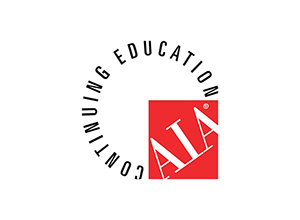
Interested in becoming a sponsor for this event? Choose one of two options:
- Complete the Symposium Sponsorship Form and mail it with your payment.
- Complete the Symposium Sponsorship Form and email it to contact@bec-iowa.org. Submit payment online by clicking on the sponsorship icons below:
SPONSOR BENEFITS
– Recognition as an Event Sponsor at the BEC-Iowa Symposium
– Table tent at the Symposium with your company logo
– Reserved space to set up an exhibit booth at the Symposium
– Company logo and link on our website event page
– Company logo and link in our event invitation (emailed to entire mailing list)
– Two (2) free tickets to the Symposium
Questions? Please email us at contact@bec-iowa.org.
